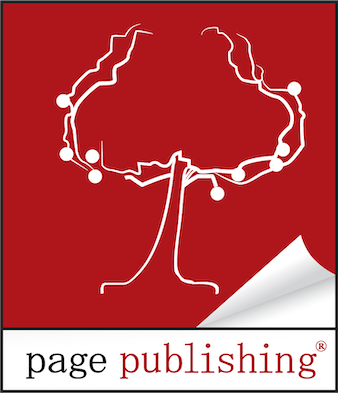
The Best Thing You Can Do For the Writer in Your Life This Valentine’s Day

Valentine’s Day is a wonderful occasion to celebrate the people who mean the most to us, and if you have a writer in your life, it’s a chance to show your appreciation in a way that resonates deeply with their passions. Here’s a guide to some of the best ways to support and uplift the writer you care about this Valentine’s Day.
1. Create a Cozy Writing Space
A comfortable and inspiring writing space can make all the difference in a writer’s productivity and enjoyment. Transform a corner of their home into a creative haven with elements such as a plush chair, a stylish desk organizer, and some soothing lighting. Personal touches like framed quotes from their favorite authors or a mood board filled with images that inspire them can make the space uniquely their own.
2. Gift a Quality Journal or Notebook
Writers often find joy in beautiful stationery. Choose a journal or notebook with high-quality paper that feels great to write on. Opt for a design that matches their style, whether it’s a sleek leather cover or a vibrant, artistic pattern. Consider including a personalized touch, like their initials embossed on the cover or a heartfelt note on the first page, to make it even more special.
3. Offer a Day of Uninterrupted Writing Time
One of the most valuable gifts you can give a writer is time. Free up their schedule by taking over household duties or running errands. Create a calm environment where they can write without interruptions, maybe even prepare their favorite snacks and beverages to keep them fueled and focused. This gesture allows them to immerse themselves in their work and makes them feel truly supported.
4. Surprise Them with a Writing Retreat
If you’re looking for a more extravagant gift, consider planning a writing retreat. It doesn’t have to be far or fancy; even a local getaway to a peaceful location can offer the solitude and inspiration they need. Choose a setting that aligns with their preferences, whether it’s a serene cabin in the woods or a cozy beachside cottage, and handle all the details to let them focus solely on their writing.
5. Support Their Work
Show that you’re invested in their success by actively supporting their writing career. Purchase their latest book, attend their book launch or reading events, and spread the word about their work through social media or word of mouth. Leaving thoughtful reviews or offering to help with promotional efforts can also be incredibly beneficial and encouraging.
6. Attend a Literary Event Together
Share in their passion for literature by attending a literary event together. Whether it’s a book signing, a literary festival, or a workshop, being there to experience it with them can be a meaningful bonding experience. It also shows that you’re engaged with their interests and eager to share in their literary journey.
7. Write Them a Love Letter
Express your feelings in the form of a love letter. Take the time to articulate what you admire about their writing and how much they mean to you. Highlight specific aspects of their work that you find inspiring or moving. This personal and heartfelt gesture can be a treasured keepsake and a powerful reminder of your support.
8. Plan a Relaxing Day Together
Sometimes, the best way to show love is through quality time. Plan a day filled with activities that both of you enjoy and that offer a break from the routine. Whether it’s a leisurely brunch, a scenic hike, or a movie marathon, spending time together can be rejuvenating for both of you and provide a fresh perspective for their writing.
9. Provide Useful Writing Tools
Consider practical gifts that enhance their writing experience. High-quality pens, a stylish planner, or a subscription to a writing software or online course can be both useful and appreciated. Look for items that align with their writing habits and preferences, ensuring that your gift supports their creative process effectively.
10. Be Their Cheerleader
Sometimes the most profound support comes from simply being there for them. Encourage their writing endeavors, listen to their ideas with genuine interest, and celebrate their achievements, no matter how small. Your ongoing encouragement can be a powerful motivator and a source of strength as they pursue their creative goals.
11. Create a Customized Writing Kit
As an extra special touch, put together a customized writing kit with items they love. Include things like their favorite pens, notebooks, coffee or tea blends, and perhaps even a relaxing candle or soothing music playlist. Tailor the kit to their preferences and needs, adding a personal note to show that you’ve put thought into their unique writing process.
12. Facilitate Creative Inspiration
Sometimes writers need a bit of inspiration to spark their creativity. Consider gifting them a book on writing, a collection of essays or poetry by their favorite author, or a subscription to a literary magazine. You could also take them to an art exhibit, a nature walk, or a film that might inspire their next piece of writing.
This Valentine’s Day, let your gestures reflect your understanding of their passion and your commitment to supporting their craft. By showing that you value their creative endeavors, you’re giving them a gift that enriches both their personal and professional life.






